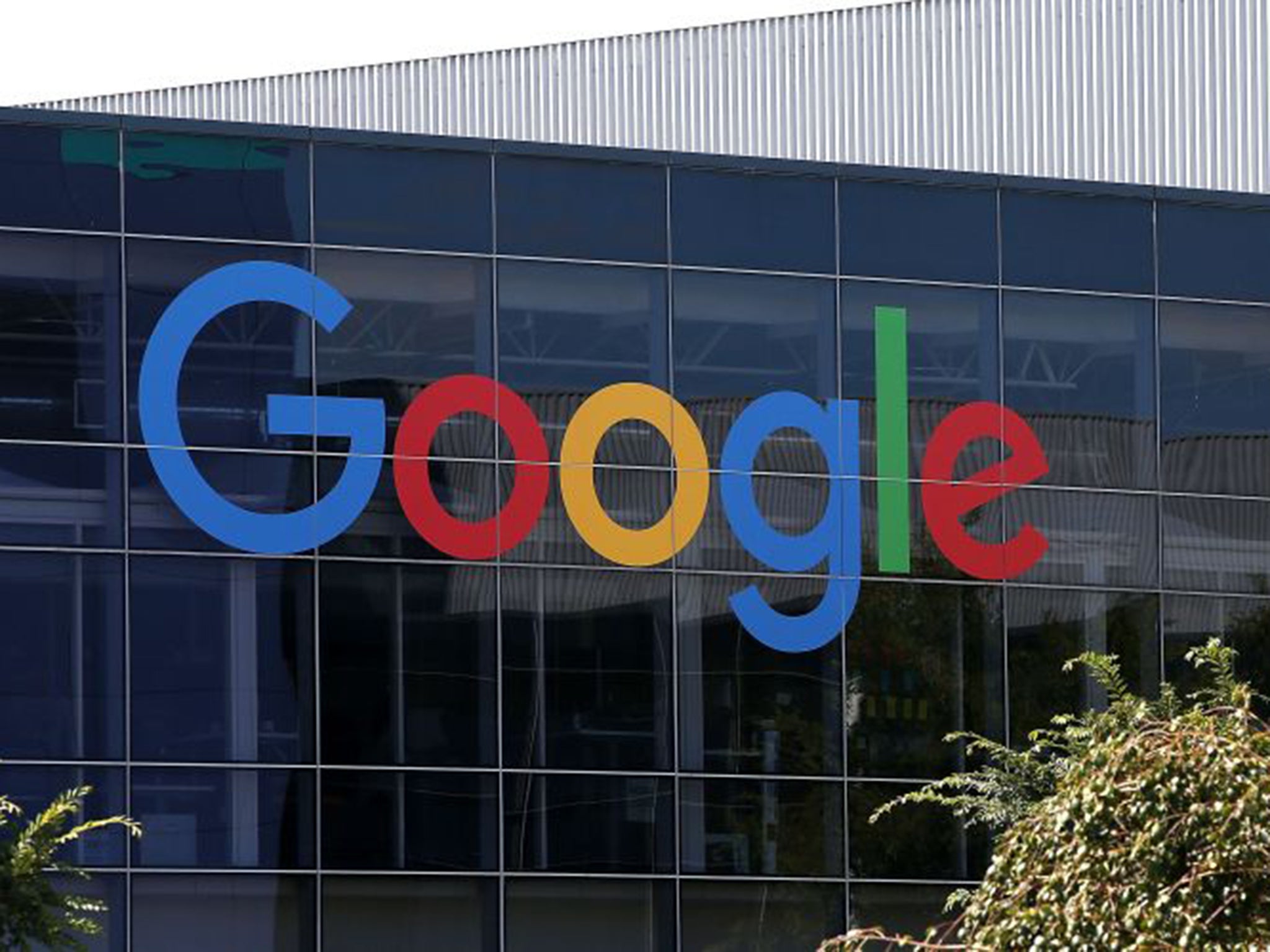Google, Apple and Starbucks would face 'laughable' fines for tax dodging under new rules
£300 penalties would be dwarfed by millions in potential profits for firms that take advantage of tax-avoidance schemes

Huge multinational companies that dodge millions of pounds in tax in the UK and around the world face “laughable” fines of £300 under new rules proposed by HM Revenue and Customs.
The paltry penalties for corporations that file late or inaccurate tax records are dwarfed by the millions in potential profits for those that take advantage of international tax-avoidance schemes.
Under a new “tougher” regime to curb multinational tax avoidance, Treasury officials are proposing an initial fine of £300 for late corporation tax records, followed by £60 for each additional day they are late. Businesses failing to declare for a year would face a maximum fine of only £22,140.
Those filing inaccurate returns face a maximum fine of £3,000. (Currently, companies who file one day late face a £100 penalty and those who file six months late face a penalty calculated at 10 per cent of the estimated tax bill.)
Campaigners are angry that the proposed new rules also limit the number of multinationals that would be forced to reveal to UK tax authorities detailed information for each country they operate in.
Tax officials propose limiting the new reporting rules to companies with an annual turnover of more than £585m, as well as restricting who can inspect the information supplied.

Experts believe that country-by-country reporting is vital to curb some of the worst tax abuses in which major firms have engaged, including Starbucks, Vodafone, Apple, Google, Facebook and Amazon. Currently, companies are not required to break down their operations by territory.
Tax justice campaigners want a crackdown on tax havens, country-by-country reporting for UK companies and further reform of the international tax system to compel multinationals to pay their fair share of tax wherever they operate.
The charities Christian Aid, Oxfam and ActionAid have written jointly to HMRC to highlight the weaknesses of the new proposals. They warn that multinationals will feel free to ignore a fine of £300 for filing late.
Joseph Stead, senior economic justice adviser at Christian Aid, said: “This reform is potentially an incredibly powerful weapon against multinational tax cheats, but if the UK government wants multinationals to pay their fair share of tax, here and around the world, then these regulations must be much tougher.”
The small fines for businesses that flout the reporting rules or file late were “laughable”, he said. “As it stands, a firm which ignored the law would face a maximum annual penalty of £22,140. Clearly, for those misbehaving, it’s going to be more profitable to carry on tax dodging, hide it from HMRC by not filing your country-by-country report and then pay the fine.”
The £585m threshold would also allow the vast majority of multinationals to slip through the net, he warned. “Questionable tax practices are not the sole preserve of the biggest companies, so it makes no sense to ignore most firms, as proposed,” Mr Stead said.
The proposed secrecy around the reports meant it would be harder to hold companies to account, he added. “Getting multinationals to file these new reports with the UK taxman is a big step, because it will help to focus on suspicious activities. The tragedy is that the reports will remain secret, so the public, journalists, academics and campaigners have no chance of holding companies to account on tax. We will remain in the dark.”
Champions of tax justice believe the information should be shared with tax authorities around the world, especially those in developing countries, which struggle to compete with highly paid armies of tax experts working for international giants.
Prem Sikka, professor of accounting at Essex University and part of the Tax Justice Network, said: “This material should be made public. The tax authorities will never have enough resources to properly investigate all these companies but making it available to all is a much more cost-effective way of doing it. Ultimately, it will save money. More transparency, not less, is the answer.”
A poll released by ActionAid and Oxfam showed that eight out of 10 people in Britain believe the law needs to change to clamp down on the use of tax havens, and only one in 11 think the law is sufficient to ensure that multinationals pay the tax they are supposed to around the world.
Research by the International Monetary Fund estimates that developing countries may lose $200bn (£135bn) a year because of corporate tax avoidance.
A study last month revealed that nearly half of the UK’s top 350 quoted companies pay less than the 20 per cent corporation tax rate annually, while one in 10 pays no corporation tax at all.
* Vodafone has asked us to make clear that it denies any suggestion of ever having engaged in tax ‘abuses’. The firm says it already reports its tax contribution on a country-by-country basis and was the first telecoms company in the world to do so. Readers can see Vodafone’s Tax report on its website. Update added 10/12/15.
Join our commenting forum
Join thought-provoking conversations, follow other Independent readers and see their replies
Comments
Bookmark popover
Removed from bookmarks